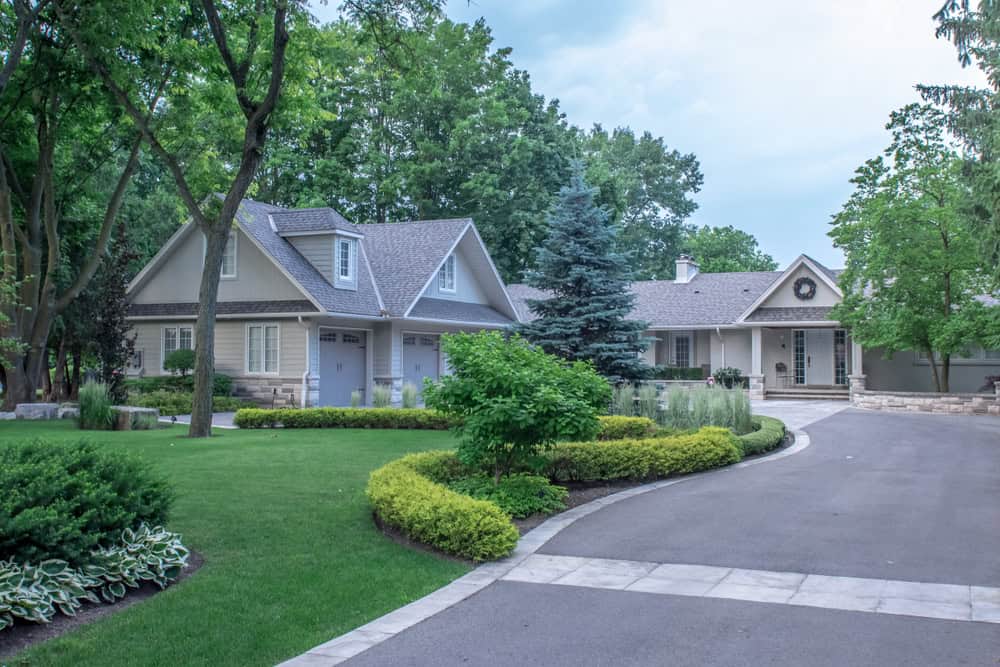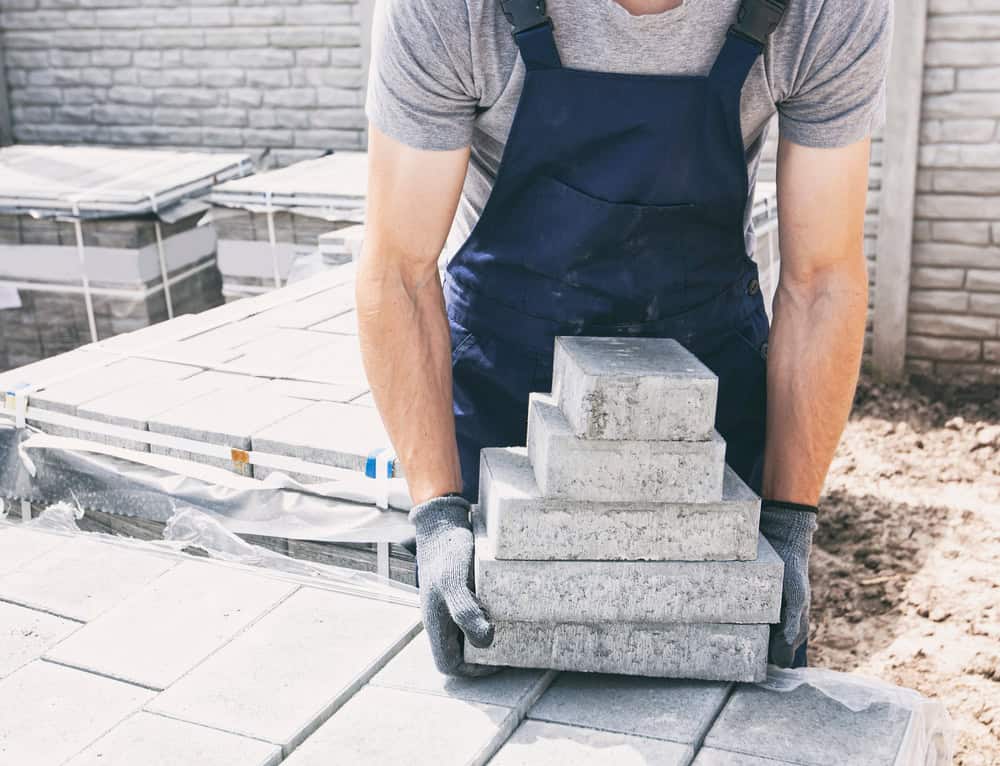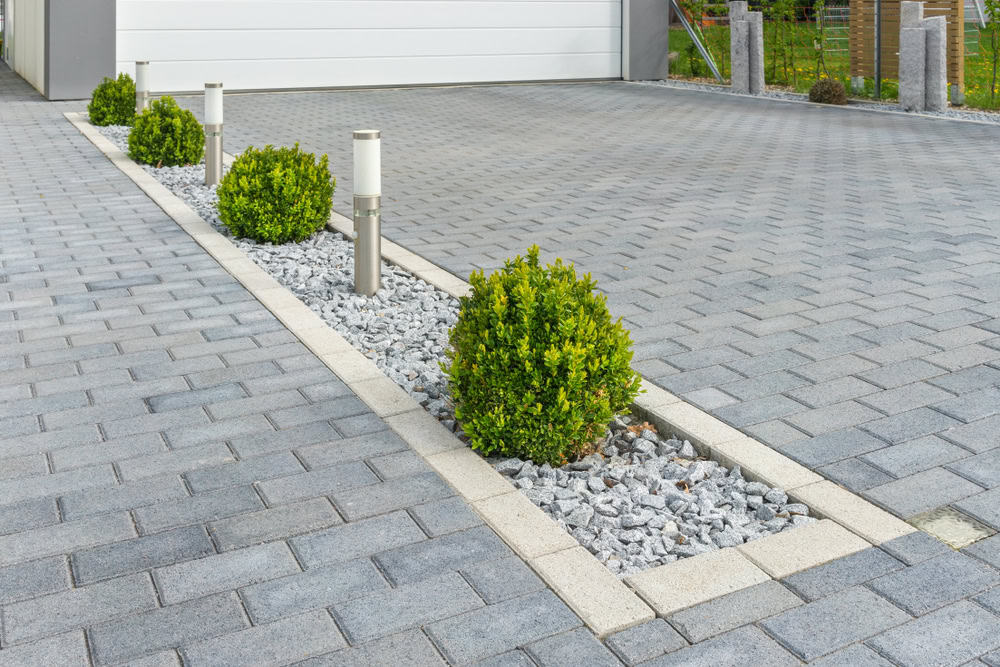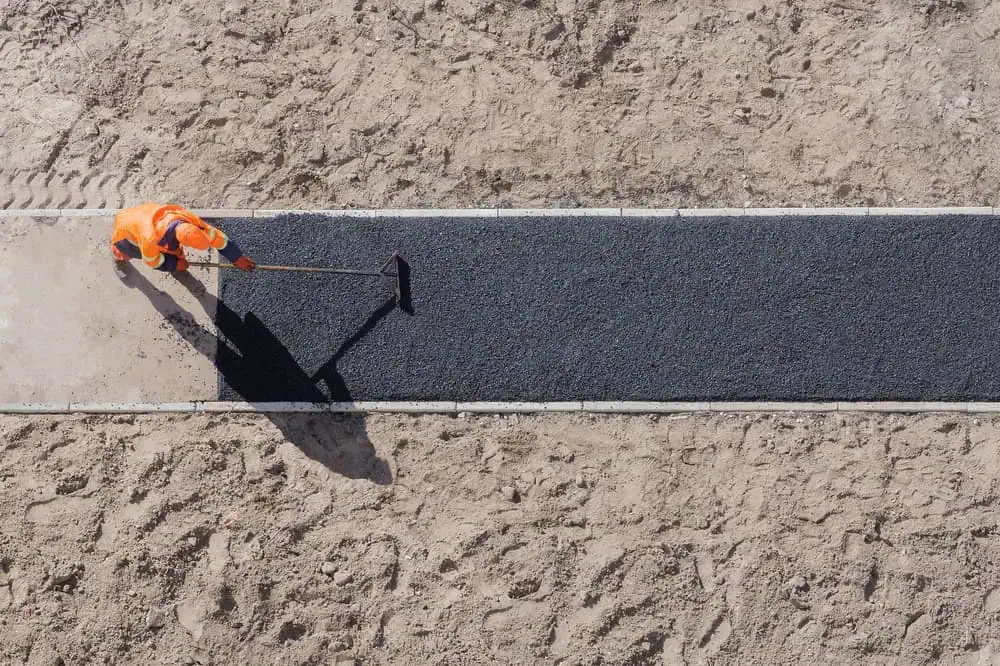Durable, beautiful paver installation that enhances your property value and creates the outdoor living space you’ve always wanted.


Your outdoor space becomes an extension of your home that you actually want to use. No more cracked concrete or patchy grass areas that look tired and worn down.
Professional paver installation gives you surfaces that handle New England weather without the constant maintenance headaches. Rain drains properly instead of pooling. Snow removal becomes easier. And when one paver eventually needs attention, you replace just that piece instead of tearing up entire sections.
You get the satisfaction of walking out your back door to a space that looks intentional and well-crafted. Friends notice. Your property value reflects the upgrade. And you stop worrying about whether your outdoor surfaces will hold up to whatever weather comes next.
We’ve been handling paver installations throughout Riverside and the surrounding areas for years. We focus on proper base preparation and installation techniques that prevent the settling and drainage issues that plague poorly installed paver projects.
We understand New England soil conditions and weather patterns. We know which materials hold up best in this climate and how to prepare surfaces so your pavers stay level and functional for decades.
We work with homeowners who want the job done right the first time. No shortcuts, no disappearing acts, no surprises after the contract is signed.

The process starts with site evaluation and design consultation. We assess your space, discuss your goals, and explain material options that make sense for your specific situation and budget.
Excavation comes next. The existing surface gets removed to proper depth, which varies based on intended use. Patios need different preparation than driveways. Proper base material gets installed and compacted in lifts to create a stable foundation that won’t settle unevenly.
Edge restraints go in to keep pavers from shifting over time. Then comes sand leveling, paver installation in your chosen pattern, and final compaction with joint sand. The result is a surface that looks great immediately and stays that way because the foundation work was done correctly.

Ready to get started?
We handle every aspect of your paver project from design consultation through final cleanup. You get proper excavation, base preparation with appropriate materials for New England conditions, and professional-grade pavers installed to manufacturer specifications.
The service includes edge restraints that prevent shifting, proper drainage considerations for your specific site, and final compaction that locks everything in place. You also get cleanup of all debris and restoration of any landscaping that was temporarily disturbed during installation.
Riverside homeowners appreciate that we explain each step before it happens. No surprises about additional costs or changes to the timeline. You know what to expect and when to expect it, from the first consultation through project completion.

Local Resources